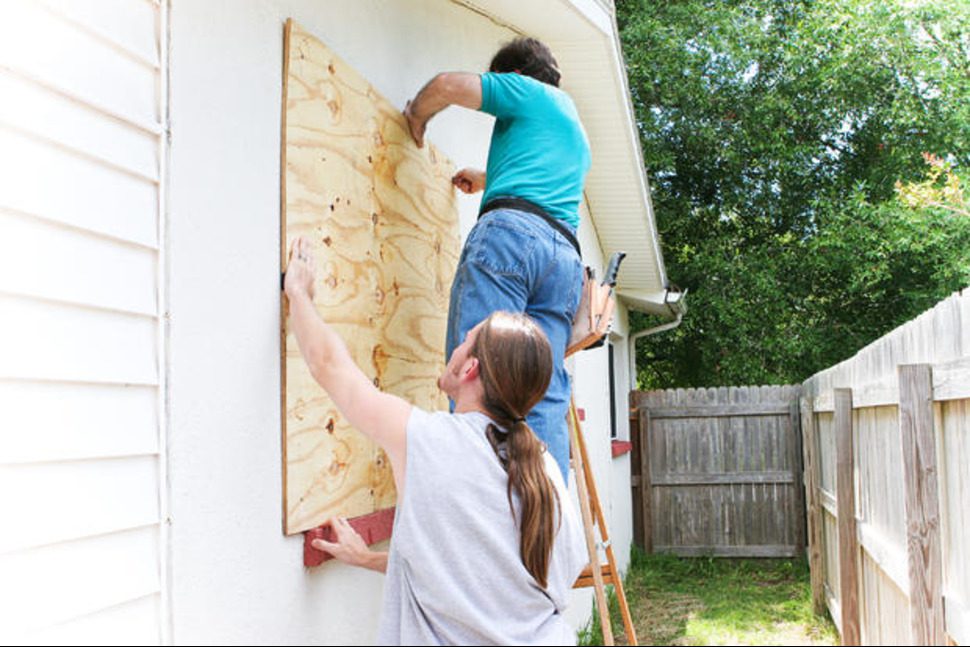
Homeowners Insurance Overview
June 13, 2023
Buffer to Help Protect Home from Wildfires
June 27, 2023Preparing for a Hurricane Season is no easy feat but must be done in areas prone to such phenomena. It is far better to protect your home from damage than to deal with weeks and perhaps months of costly and inconvenient repairs. The following should help as a guide to help cover most bases. Homeowners Insurance may not fully cover the loss, Flood Insurance may come useful in some instances.
KNOW YOUR RISK: Understand the level of risk in your area for storm surge, flooding, and more.
REVIEW YOUR COVERAGE: Does your insurance cover likely risks in your area? You often need to purchase flood coverage separately. Check your deductible(s). Make sure you can pay for losses up to that amount. Purchase additional insurance as necessary.
CLEAR YOUR YARD: Reduce the amount of material that could blow around and cause damage to your home and others during a storm. During hurricane season, keep bikes, lawn furniture, grills, and other loose items inside. Take them out for use, then store them safely.
EVALUATE YOUR LANDSCAPING: Materials like gravel and stones can turn into projectiles in hurricane-force winds. Replace them with lighter materials that won’t cause damage. Trim dead and broken branches from trees and bushes. Remove unhealthy or unstable trees.
INSTALL STORM SHUTTERS: Professionally installed storm shutters protect windows and glass doors from breakage. If you cannot afford storm shutters, fit plywood panels to your windows. Buy and cut these in advance. Materials may be in short supply when there’s a hurricane warning in your area. You may also have limited time to place them.
REPLACE YOUR ROOF: Tile and shingle roofing are highly vulnerable to wind damage. A roof damaged early in a hurricane can lead to extensive water damage during a storm. Modern metal roofing holds up under hurricane winds to provide water protection from rains.
MAKE SURE EXTERIOR DOORS ARE HURRICANE PROOF: Exterior doors should have at least three hinges and a deadbolt that extends at least one inch into the frame. Older doors may need to be replaced.
CHECK GARAGE DOORS AND TRACKS: Garage doors should be rated to withstand both wind and impacts. A broken garage door not only leads to damage to your car, it makes it easier for wind to enter your home and blow your roof off.
SEAL WALL OPENINGS: Apply urethane-based caulk any place where something goes through the wall, including vents, cables, and pipes. This will reduce water penetration into your house from flooding, rain, and storm surge.

